Info
7 Possible Benefits of Moringa for Men: Is it Natural Viagra?
Are the benefits of moringa real for men? Is it truly a superfood? Can moringa help with erectile dysfunction? Which brand of moringa powder or moringa tea should you buy? Read on to find out.
Moringa, often referred to as the Drumstick Tree or Miracle Tree, is a highly versatile plant with numerous health benefits. Moringa oleifera, its botanical name, is native to Northwestern India but is also found in various parts of Asia and Africa.
The leaves of the moringa tree are not only highly nutritious but are also celebrated for their medicinal properties, which have led to their incorporation into many diets around the globe.
Research indicates that various parts of the moringa tree—including moringa leaves, moringa flowers, pods, moringa seeds, bark, and stems—can help treat around 300 different health conditions. It’s no surprise that moringa is dubbed a superfood.
While most benefits of moringa have been examined through animal and in vitro studies, its potential health advantages for men have been reported by users worldwide.
What is Moringa?
Moringa is a drought-resistant tree and is consumed as a staple food in its native regions.
The moringa leaves are packed with vitamins such as vitamin C, E, and B6. They also contain essential minerals like iron, magnesium, and potassium, and provide significant amounts of plant-based proteins, offering about 2 grams of protein per cup of leaves.
In terms of daily nutrient intake, a cup of moringa leaves delivers approximately 20% of the recommended daily allowance (RDA) for Vitamin B6, 12% for Vitamin C, and about 10% for iron.
Additionally, moringa contains essential amino acids crucial for the development, repair, and regeneration of body cells.
The leaves are abundant in phytonutrients, showcasing potent antioxidant and anti-inflammatory properties that help prevent cellular damage caused by free radicals and mitigate chronic inflammation. Notable antioxidants in moringa include Beta-Carotene, Chlorogenic Acid, and Quercetin.
Furthermore, the iron content in moringa leaves contributes to hair growth, enhancing hair health from within when applied topically.
Particularly beneficial for men’s sexual health, the consumption of moringa seeds has been associated with improved erectile function.
Related: Health benefits of Moringa seeds
But is the hype surrounding moringa justified? Do its purported benefits for men hold water?
Let’s delve into it.
Nutritional Values of Moringa Leaves
In 100 grams of moringa leaves, the following nutrients are found:
| Nutrients | Fresh Leaves | Dried Leaves |
|---|---|---|
| Calcium | 440 mg | 2003 mg |
| Copper | 0.07 mg | 0.57 mg |
| Iron | 0.85 mg | 28.2 mg |
| Magnesium | 42 mg | 368 mg |
| Phosphorus | 70 mg | 204 mg |
| Potassium | 259 mg | 1324 mg |
| Protein | 6.70 gm | 27.1 gm |
| Zinc | 0.16 mg | 3.29 mg |
| Vitamin A | 6.78 mg | 18.9 mg |
| Thiamin (B1) | 0.06 mg | 2.64 mg |
| Riboflavin (B2) | 0.05 mg | 20.5 mg |
| Niacin (B3) | 0.8 mg | 8.2 mg |
| Vitamin C | 220 mg | 17.3 mg |
Health Benefits of Moringa for Men
Here are some study-based health benefits of moringa for men:
1. It May Improve Prostate Health in Men
Moringa leaves and seeds contain glucosinolates, a plant compound rich in sulfur, known for its anticancer properties.
Research has shown that glucosinolates in moringa seeds can inhibit the growth of human prostate cancer cells in test-tube studies.
Additionally, moringa may help prevent benign prostatic hyperplasia (BPH), a condition that affects many men and can cause urinary difficulties.
An animal study indicated that mice treated with moringa leaf extract for four weeks showed a reduction in prostate weight, suggesting potential benefits for BPH.
The study also noted reduced levels of prostate-related antigens, which may indicate a lower risk of prostate cancer.
However, further research on humans is necessary to fully understand the effects of moringa on prostate health.
2. It May Help with Erectile Dysfunction
Erectile dysfunction is characterized by the inability to achieve or maintain an erection sufficient for sexual activity and is often caused by impaired blood flow.
Moringa leaves contain polyphenols, which can improve blood circulation while enhancing nitric oxide production and reducing blood pressure.
In animal studies, moringa extract has been shown to alleviate conditions linked to erectile dysfunction by improving nitric oxide production and blood flow.
While there is evidence to support these claims, additional human studies are required to arrive at definitive conclusions.
3. It May Help Cure Infertility
Research indicates that over 40% of infertility problems stem from male factors related to sperm quality and count.
Moringa leaves and seeds are packed with antioxidants, which can protect sperm from oxidative stress and enhance their quality.
In studies involving rabbits, moringa leaf powder improved both semen volume and sperm motility.
While the results from animal studies are promising, there is a need for human research to confirm the effects of moringa on male fertility.
4. Moringa May Help You Control Blood Sugar
Type 2 diabetes, which is increasingly common, results from the body’s inadequate insulin secretion or utilization, leading to elevated blood sugar levels.
Men are particularly susceptible due to a tendency to store harmful visceral fat that affects insulin sensitivity.
Research in diabetic rats and mice has indicated that moringa leaf and seed extracts could lower blood sugar levels by enhancing insulin secretion or glucose uptake.
In adult studies, moringa leaf powder supplementation has shown some promise in reducing blood sugar spikes.
While promising, further long-term studies involving larger populations are required to establish moringa’s effectiveness in managing diabetes.
5. Moringa May Help You Gain Muscle Mass
Rich in 18 amino acids, including nine essential ones, moringa leaves are an excellent source of plant-based protein that can contribute to muscle mass and strength.
Compared to yogurt and some grains, moringa protein is superior, dramatically surpassing that found in kale.
Plant proteins are generally healthier, offering fewer calories and more fiber, making moringa an ideal supplement for vegans and athletes looking to build muscle.
Consider adding moringa to your pre-workout smoothies to enhance endurance with its high calcium content, which supports muscle function.
Here’s a simple recipe for a morning moringa pre-workout smoothie:
- Moringa powder – 1 to 2 teaspoons
- Kale – 2 to 4 leaves
- Banana – 1
- Dates – 1 to 2
- Almond butter – 1 tablespoon
- Cacao powder – 1 tablespoon
- Coconut water – half a cup
- Ice cubes – as needed
Preparation:
- Blend all ingredients in a blender on high speed until smooth.
- Pour into a jar and enjoy!
The minerals such as magnesium and iron found in moringa also aid in muscle and tissue repair.
6. It May Aid Hair Growth
In addition to supporting sexual health and fertility, moringa leaves promote hair growth. Packed with vitamins A and B, moringa leaves are excellent for hair health.
The zinc present in the leaves nourishes oil glands in the scalp, while the combination of minerals, vitamins, and amino acids supports keratin production, essential for hair growth.
In a cup of fresh moringa leaves, you’ll find:
- Vitamin A – 9% of the RDA
- Riboflavin (Vitamin B2) – 11% of the RDA
- Vitamin B6 – 19% of the RDA
- Vitamin C – 12% of the RDA
- Iron – 11% of the RDA
- Magnesium – 8% of the RDA
The antioxidant properties of moringa help mitigate oxidative stress, which can weaken hair follicles and contribute to hair loss, making it an effective ally for promoting hair growth.
Related: Benefits of Moringa for Hair Growth
7. It May Improve Skin Health
Moringa seed extract possesses strong anti-inflammatory properties that help reduce skin infections and enhance overall skin health.
Massaging the scalp and hair with moringa oil can alleviate scalp itchiness, rashes, allergies, and redness.
Moringa seed oil is an excellent natural remedy for hair loss, removing dandruff and moisturizing the scalp.
The high zinc content in moringa oil aids in keratin production, mitigating hair and skin damage, while also improving skin condition by helping to diminish suntan, blemishes, acne scars, dark spots, and blackheads.
Read more: Benefits of Moringa for Skin
How to Consume Moringa
Moringa leaves and seeds can be consumed in various forms. In Southeast India, moringa leaves are commonly used in daily meals.
With the advent of moringa leaf powder in the market, people have started incorporating it into smoothies, salads, roasted vegetables, soups, stews, and other nutritious dishes.
Here’s a delicious recipe for a Sweet and Spicy Green Smoothie featuring moringa:
Ingredients:
- Moringa powder – 1 to 2 teaspoons
- Tomato – 1
- Carrot – 1
- Apple – 1
- Cucumber – 1
- Spinach – Handful
- Cinnamon Powder – 1/4 teaspoon
Preparation:
Blend all ingredients (excluding moringa powder) in a blender until smooth. Then, add the moringa powder and drink. This makes for a nutritious morning drink to kick-start your day!
Another easy way to incorporate moringa into your diet is by adding it to your regular tea. Moringa tea serves as a natural stress reliever and mood booster.
This herbal tea has a slightly bitter and earthy flavor, delivering a soothing experience for both the mind and body.
To prepare healthy moringa tea at home, simply use fresh or dried moringa leaves or leaf powder.
- Add 1 teaspoon of moringa powder to a cup of boiled water and steep for 3 minutes before straining and drinking.
- If using fresh leaves, boil them for 10 to 15 minutes; dried leaves should be boiled for 5 to 10 minutes. Turn off the heat and let the mixture steep. Strain before drinking.
- For a sweeter taste, feel free to add honey or lemon.
Related: Benefits of Moringa Tea
Safety and Precautions
Moringa has a long history in traditional medicine and is considered safe for the majority of individuals.
Review studies report no significant side effects for participants consuming up to 5 grams of moringa leaf powder in a single serving or 7 grams per day over three months.
Pregnant or breastfeeding individuals should avoid moringa, as some studies suggest it may induce uterine contractions.
Moringa can influence blood sugar, blood pressure, and insulin levels. Consult a healthcare professional if you are on medications for these conditions before consuming moringa.
The effectiveness and benefits of moringa for men are still under investigation to determine if the results seen in animal studies apply to humans. Nonetheless, there’s no doubt that moringa is a nutritious and beneficial plant.
Consider incorporating moringa into your daily regimen in the form of powder, food, capsules, tea, or supplements.
Always consult your healthcare provider to find the appropriate dose and method of consumption for optimal results and to mitigate any potential risks.
In Conclusion
Moringa is a versatile plant that offers numerous health benefits. It is known to have therapeutic properties that may address up to 300 health ailments.
Packed with antioxidants, moringa prevents cellular damage and promotes overall well-being. Compared to other leafy greens like kale, moringa is rich in vitamins B6 and C, iron, and magnesium.
While the benefits of moringa for men in areas like sexual health, erectile dysfunction, sperm motility, and infertility appear encouraging, more extensive research is necessary before we can firmly establish moringa as a remedy for these issues.


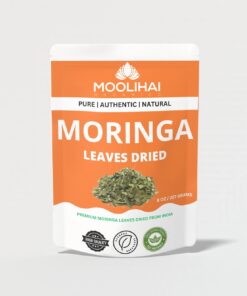
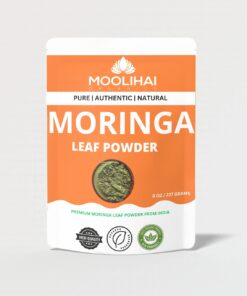

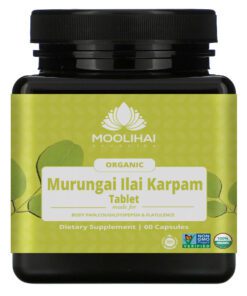
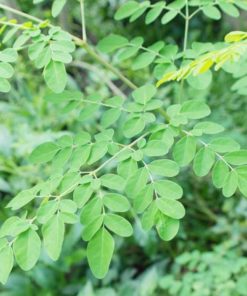
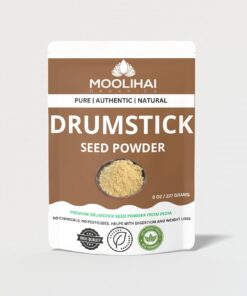

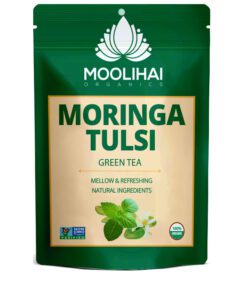
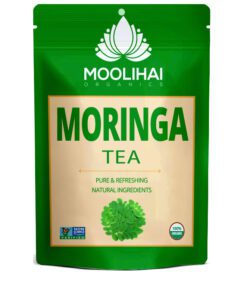
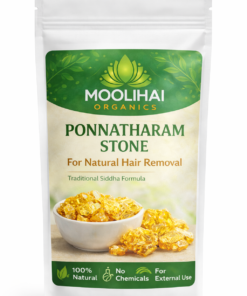
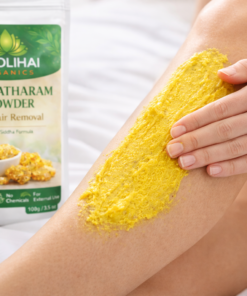
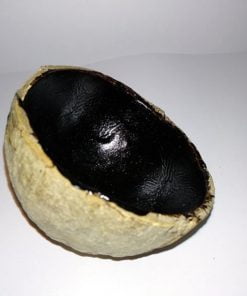

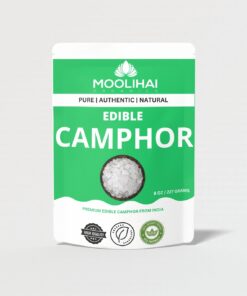
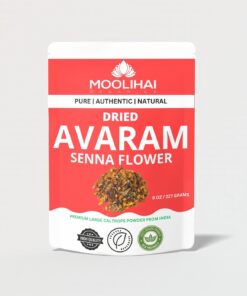
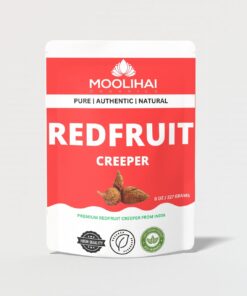
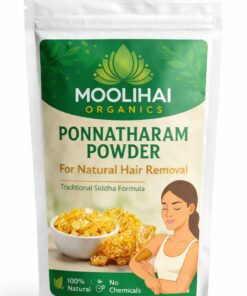

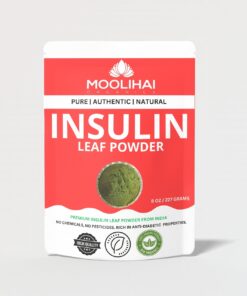
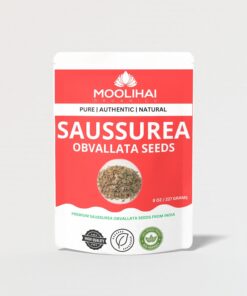
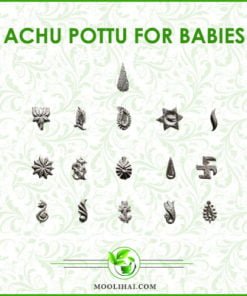
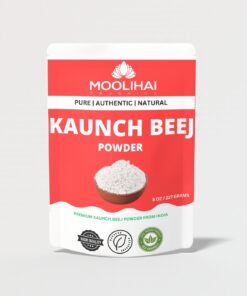
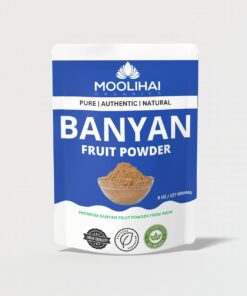
Thankyou.for helping solve my problem.Iam taking moringa leaves for 2weeks now and looking forward for result now,keep it up.